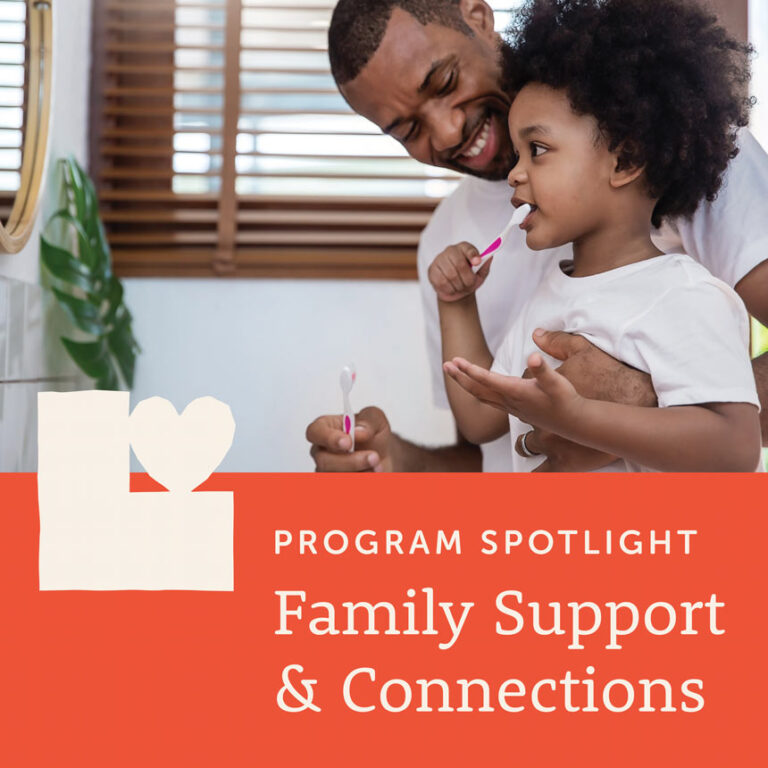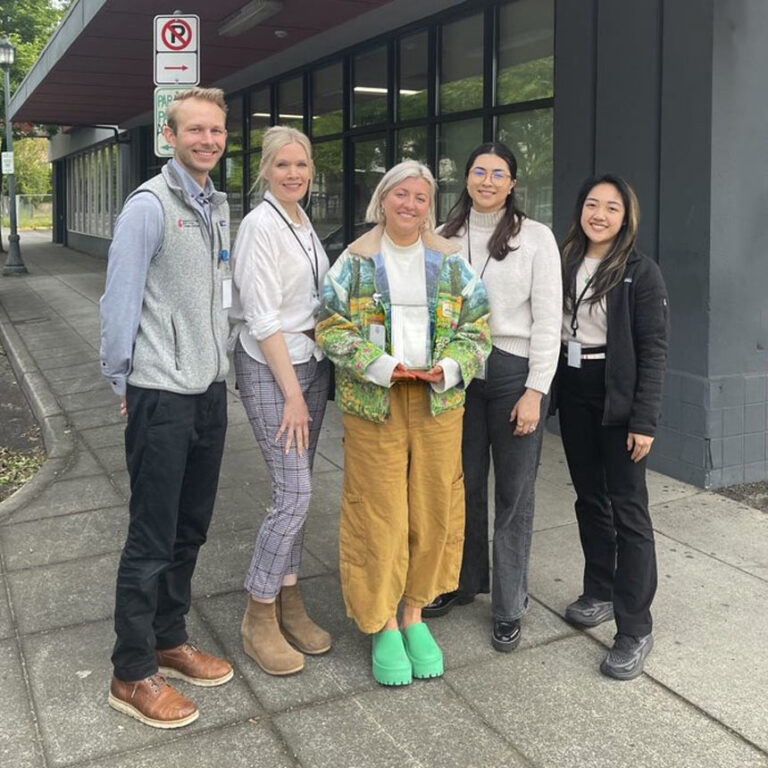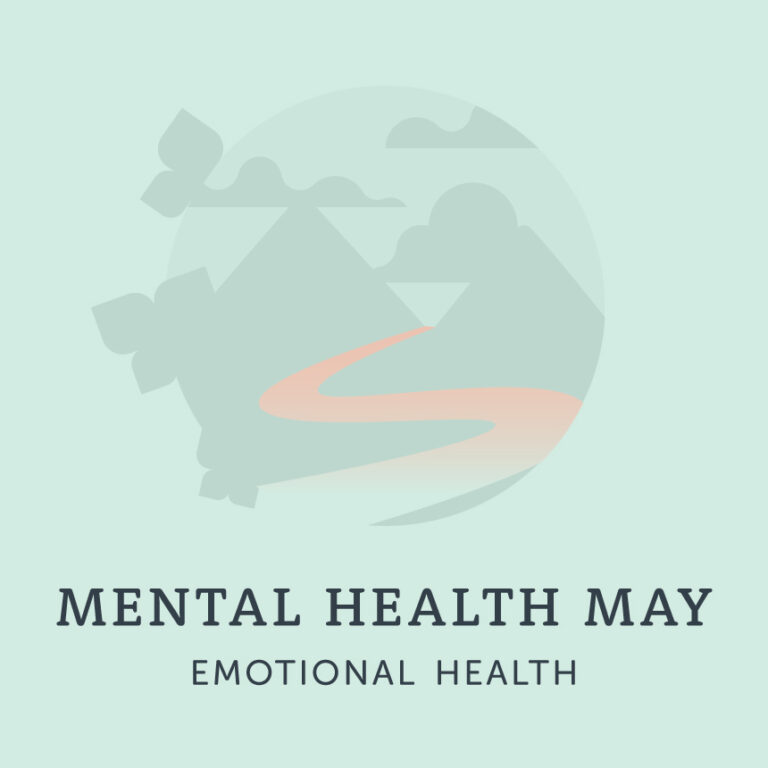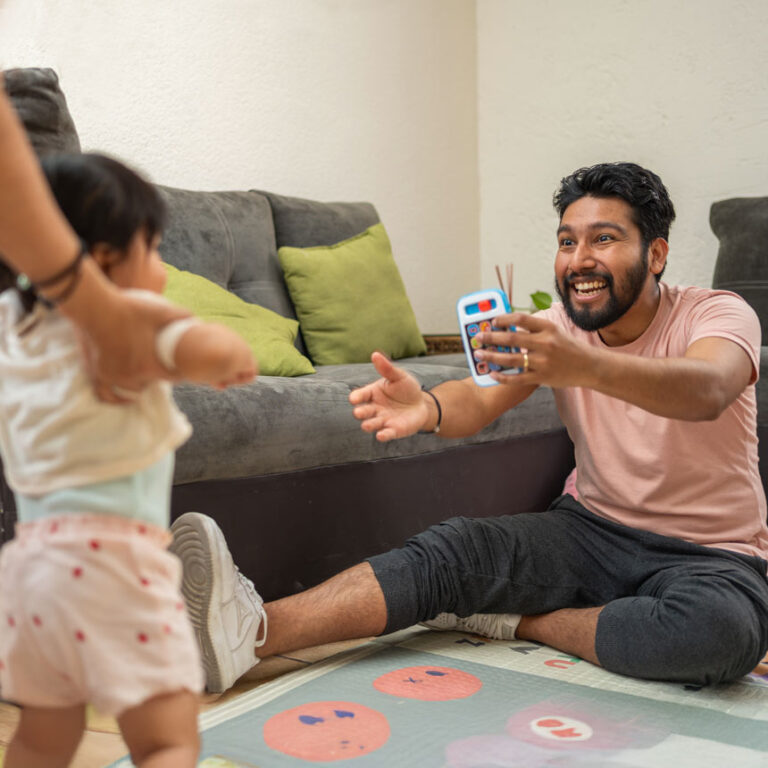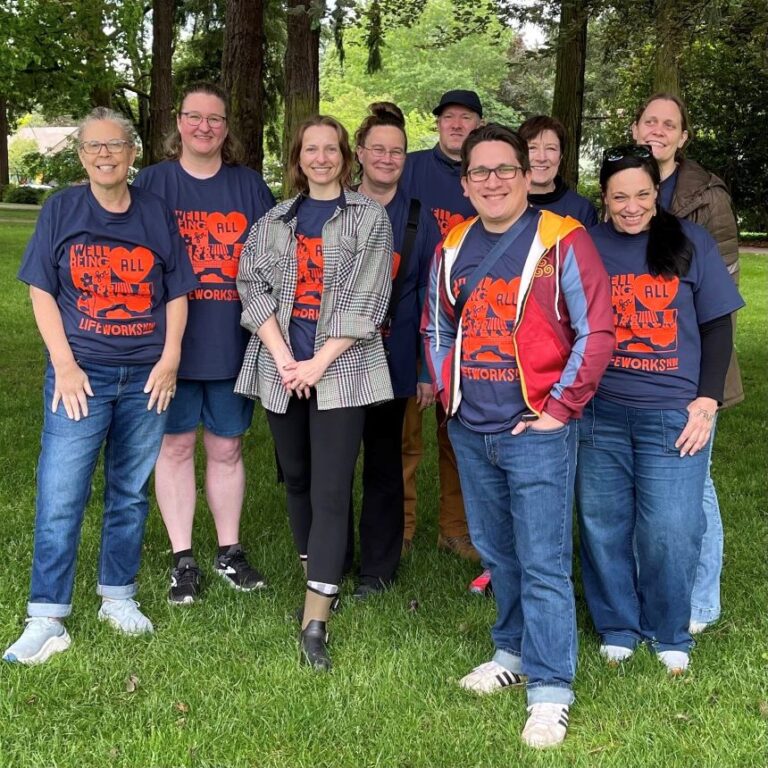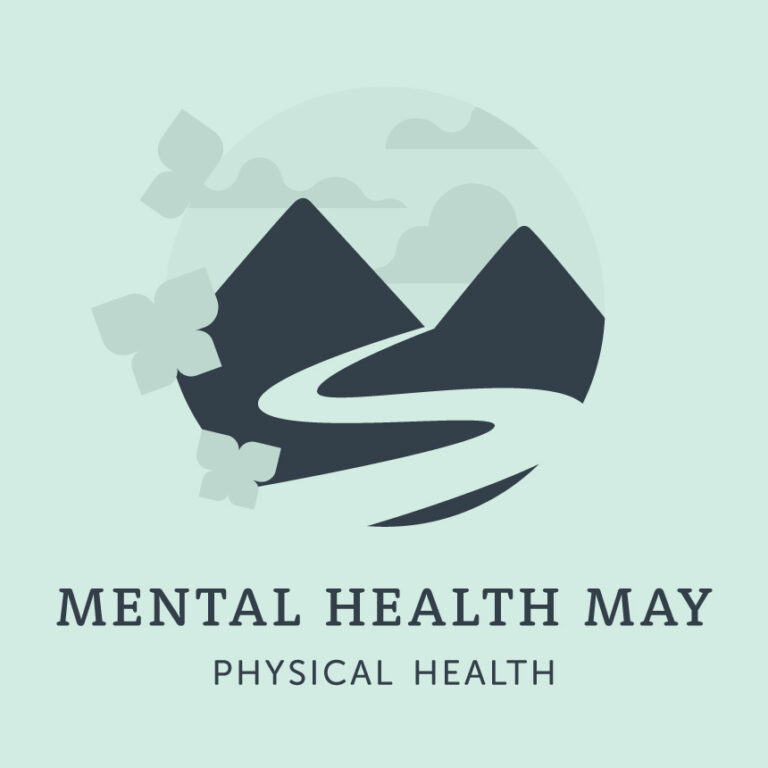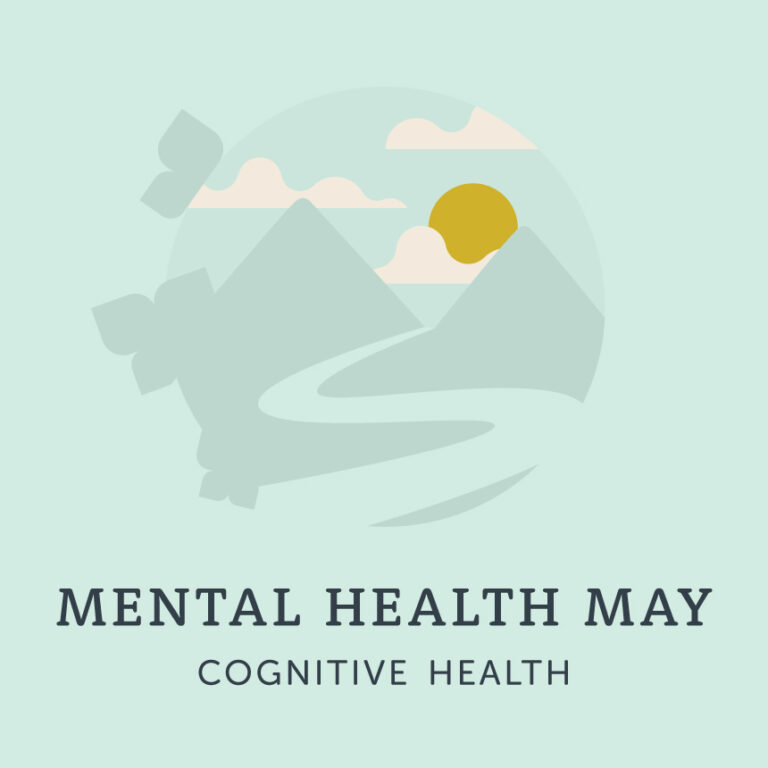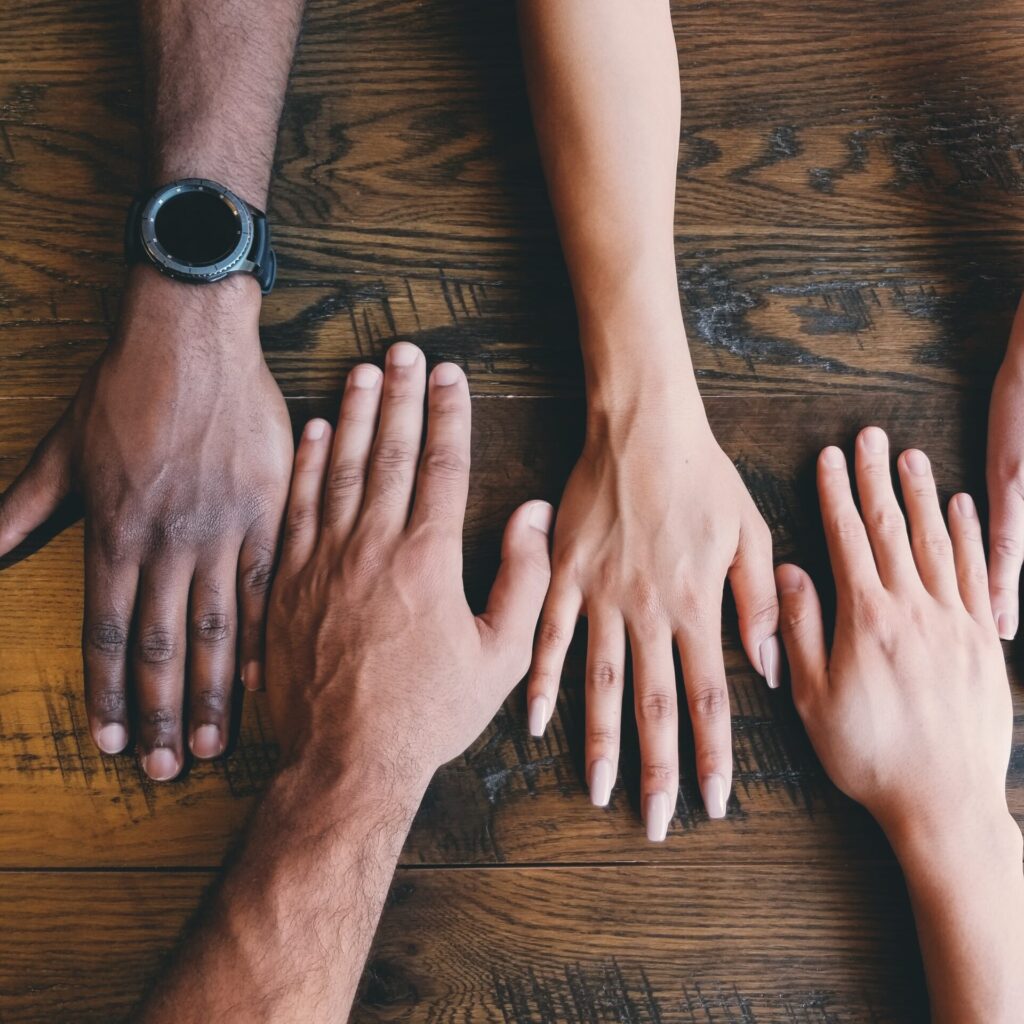
Whether you realize it or not, chances are that you know someone who is a survivor of domestic violence (DV). Unfortunately, many survivors are ashamed to speak about what happened to them or are afraid of being blamed for their abuse, so even those close to them may not be aware of their experiences.
That’s why, since 1989, October has been designated as Domestic Violence Awareness Month – to help shed light on this widespread problem, share resources for those who are trying to leave an abusive relationship and to tell survivors “you’re not alone.”
Who is Affected by Domestic Violence?
According to the National Domestic Violence Hotline, in the US one in three cisgender women and one in four cisgender men will experience physical violence, stalking or sexual assault at the hands of an intimate partner at some point in their life. And for transgender people, the rate is even higher – the 2015 US Transgender Survey found that 54% of respondents had experienced DV. (While it may be easy to assume that most of these are transfeminine people, studies show that transmasculine people experience abuse at roughly the same rate.)
While the majority of survivors of the most serious abuse are women in relationships with men, it’s important to remember that DV can also include women abusing male partners and same-sex relationships. Research has found that the rates of domestic violence in LGBTQ relationships is similar to that in the heterosexual community, and that gay men and bisexual women are at a higher risk of experiencing DV than their straight counterparts. However, gender and sexual minorities are less likely to put their trust in law enforcement, and victims may not be taken as seriously by the legal system.
For those from marginalized cultures, the situation is also grim. Black and Hispanic women report incidents of DV to law enforcement at two or three times higher rates than their white Non-Hispanic counterparts. This implies not only that the rate of violence they experience from partners is higher overall, but also that they tend to experience more severe abuse resulting in injuries.
It’s important to adopt a lens of intersectionality when looking at these statistics, acknowledging the ways that different marginalized identities can coexist for a particular person. For example, a Black transgender woman faces a much higher risk of being injured or killed by a partner than average for the general population and is likely to have fewer resources to leave a dangerous situation.
Reasons Why Domestic Violence Victims Don’t Report
Only a fraction of domestic violence and sexual assault survivors ever report their experiences to the police or press charges against their abuser, so the actual prevalence of these crimes is likely higher than is reflected by research.
Some common reasons why survivors may choose to stay silent include:
- Fear of retaliation by their abusive partner if they report and are unable to secure a conviction.
- Not wanting to relive the trauma of their abuse when speaking to law enforcement or a judge.
- The belief that their abuse will be too difficult to prove in court, or that they may not have enough evidence.
- Concerns that an abuser will use the legal system to further terrorize or manipulate them.
- Worry for the safety of children they may share with the abuser.
This is why, if you’re trying to help someone you know or suspect may be in an abusive relationship, it’s important to follow their lead and not pressure them to take legal action if they seem unsure.
Portland-Area Domestic Violence Resources
If you or someone you know is currently in a relationship with someone is physically abusive, emotionally manipulative or threatening, there is help available. Here are a few resources to help make an exit plan, find a safe place to stay and take legal action if desired.
If you are in immediate danger, please call 911.
If you are not experiencing an emergency, but need to speak to someone right away:
- Call to Safety – 503-235-5333
- National Domestic Violence Hotline – 1-800-799-SAFE
- El Programa Hispano Proyecto UNICA – 503-232-4448
If you need support applying for a restraining order, you can get help from:
- Volunteer of America Oregon Home Free Restraining Order Hotline – 503-802-0506
- The Gateway Center – 503-988-6400
If you’re a member of the LGBTQ or African American communities and concerned about being able to access resources, contact Bradley Angle (503-232-1528) and ask about their culturally tailored services. El Programa Hispano (503-232-4448) provides services in both English and Spanish and employs culturally competent case managers and advocates.
The Portland city website has a detailed list of additional resources, available here.




